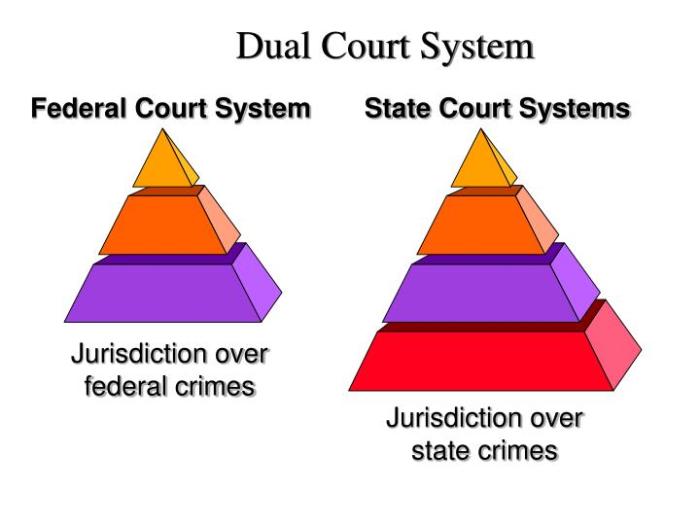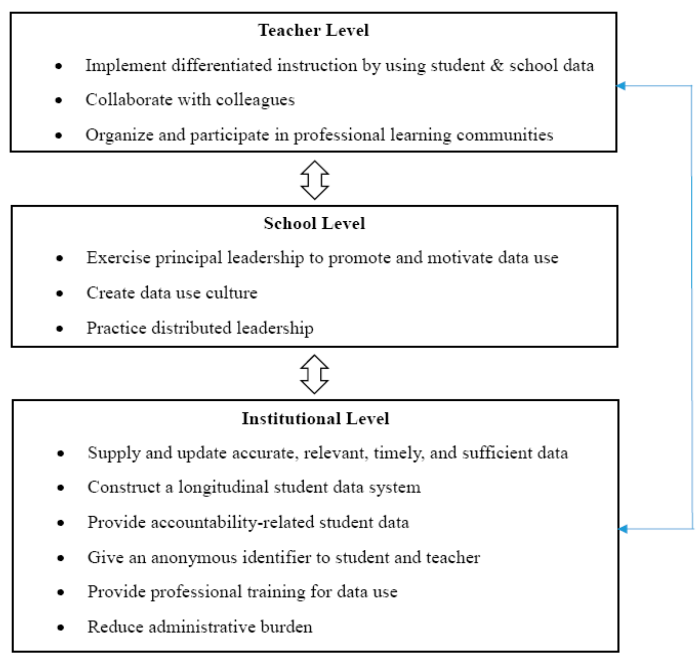The double take dual court system answers a fundamental question in the American legal landscape: how do cases involving both state and federal law get resolved? This complex system, where cases can be heard in both state and federal courts, presents unique advantages and challenges, shaping the administration of justice in the United States.
Understanding the intricacies of the double take dual court system is crucial for navigating the complexities of the legal system. This Artikel delves into the concept, explores its implications, and examines potential reforms to enhance the effectiveness of justice administration.
Double Take Dual Court System

The double take dual court system refers to the situation in which a case is decided in both a state court and a federal court. This can occur when a case involves issues that fall under the jurisdiction of both state and federal law.
For example, a case involving a criminal defendant who is accused of violating both state and federal laws may be tried in both state and federal court. Similarly, a case involving a dispute over a contract that is governed by both state and federal law may be heard in both state and federal court.
Advantages of the Double Take Dual Court System, Double take dual court system answers
- It ensures that all parties to a case have their day in court.
- It provides a check on the power of both state and federal governments.
- It helps to ensure that the law is interpreted consistently.
Disadvantages of the Double Take Dual Court System
- It can be expensive and time-consuming.
- It can lead to inconsistent outcomes in similar cases.
- It can create conflicts between state and federal governments.
Differences Between State and Federal Court Decisions

State and federal courts have different jurisdictions, which means that they have the authority to hear different types of cases. State courts generally have jurisdiction over cases that involve state law, while federal courts generally have jurisdiction over cases that involve federal law.
There are some exceptions to this general rule. For example, state courts can sometimes hear cases that involve federal law if the federal government has not exercised its jurisdiction over the case. Similarly, federal courts can sometimes hear cases that involve state law if the state government has not exercised its jurisdiction over the case.
The procedures that are used in state and federal courts are also different. State courts generally use a more informal procedure than federal courts. For example, state courts typically allow parties to represent themselves, while federal courts generally require parties to be represented by an attorney.
The decisions of state and federal courts can affect each other. For example, a state court decision can be overturned by a federal court if the federal court finds that the state court decision was based on an incorrect interpretation of federal law.
Impact of the Double Take Dual Court System on Society

The double take dual court system has a significant impact on the administration of justice. It ensures that all parties to a case have their day in court and that the law is interpreted consistently. However, it can also be expensive and time-consuming, and it can lead to inconsistent outcomes in similar cases.
The double take dual court system can also create conflicts between state and federal governments. For example, a state court may issue an order that conflicts with a federal court order. This can lead to confusion and uncertainty about the law.
Reforms to the Double Take Dual Court System
There are a number of potential reforms to the double take dual court system. One reform would be to create a single court system that would have jurisdiction over all cases. This would eliminate the need for cases to be heard in both state and federal court.
Another reform would be to create a more uniform set of procedures for state and federal courts. This would help to ensure that cases are handled consistently in both state and federal court.
A third reform would be to create a mechanism for resolving conflicts between state and federal court decisions. This would help to ensure that the law is interpreted consistently and that there is no confusion about the law.
FAQ Compilation: Double Take Dual Court System Answers
What is the double take dual court system?
The double take dual court system refers to the practice of hearing cases involving both state and federal law in both state and federal courts.
What are the advantages of the double take dual court system?
Advantages include increased access to justice, the potential for more comprehensive legal analysis, and the ability to address both state and federal concerns in a single case.
What are the disadvantages of the double take dual court system?
Disadvantages include the potential for conflicting interpretations of the law, forum shopping, and the increased cost and complexity of litigation.